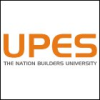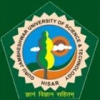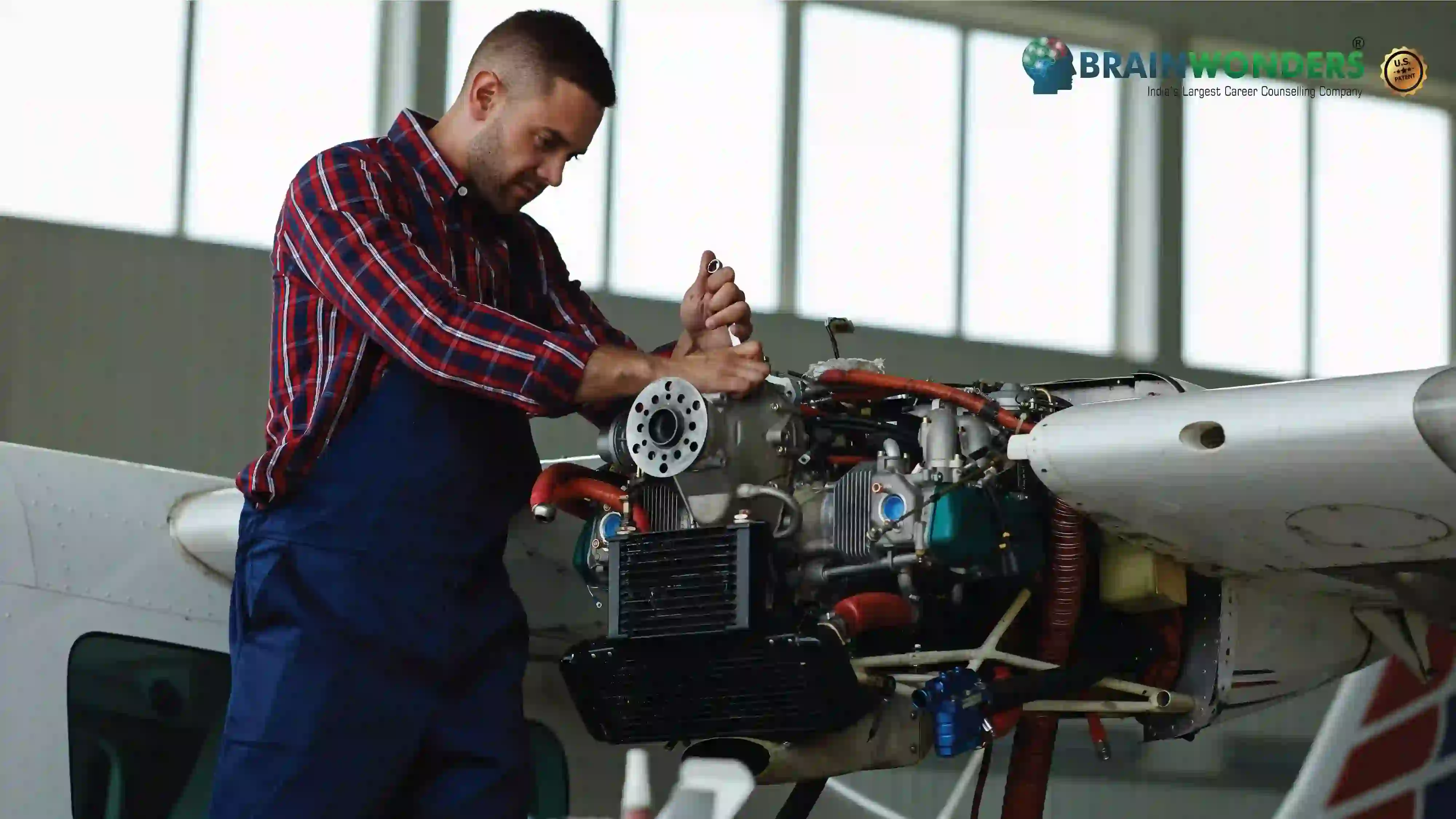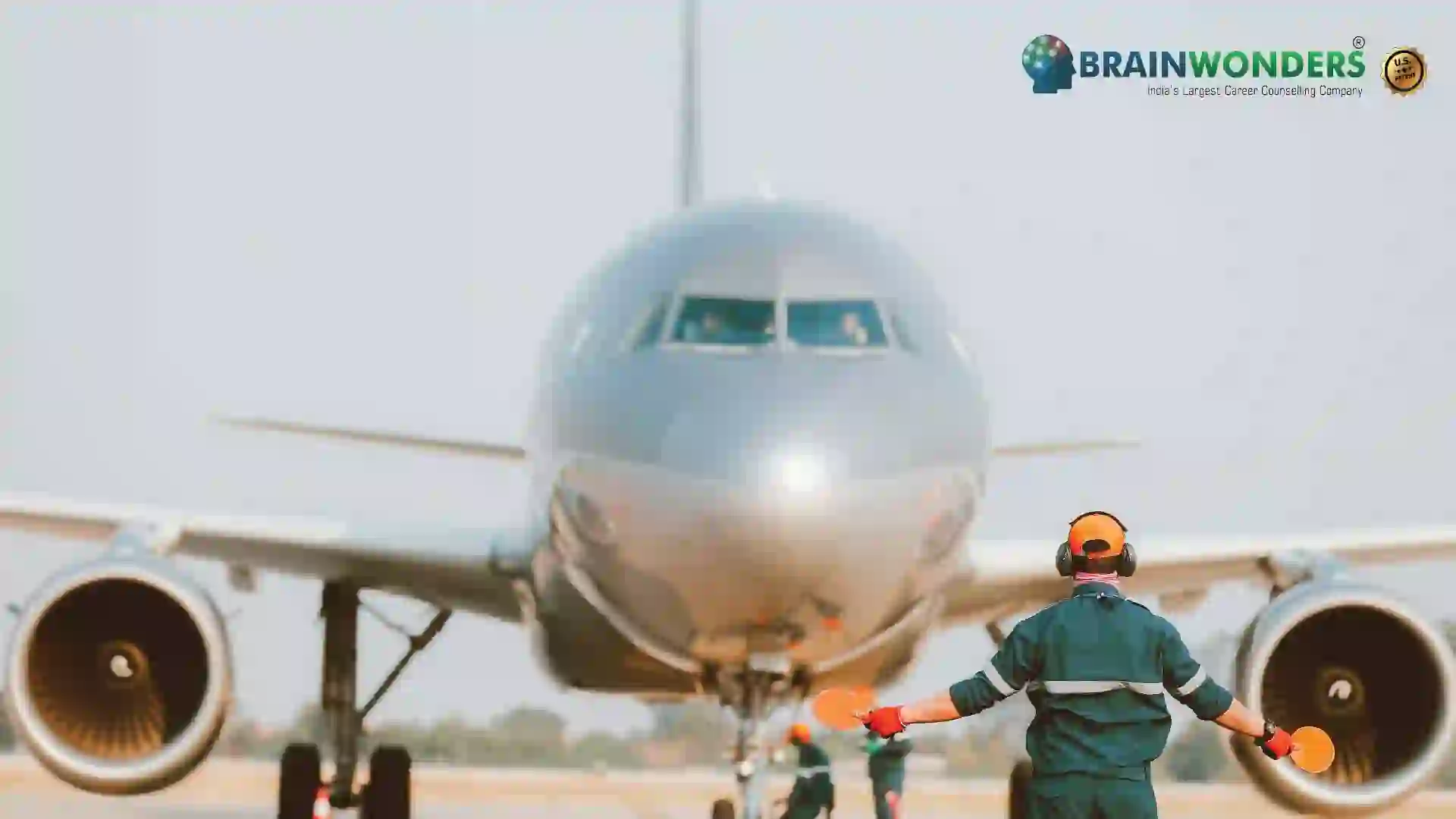How to become an Aviation Reseacrh Analyst
Overview, Courses, Exam, Colleges, Pathways, Salary

Overview
Who is Aviation Reseacrh Analyst ?
An aviation research analyst is a professional who specializes in conducting research within the aviation industry. They gather, analyze, and interpret data to provide insights and recommendations for various stakeholders in the aviation field. These analysts may work for airlines, airports, regulatory agencies, consulting firms, or research institutions. Their responsibilities include:
- Studying industry trends.
- Analyzing market data.
- Evaluating competition.
- Assessing customer preferences.
- Identifying opportunities for growth and improvement.
They utilize research methodologies, statistical analysis, and data visualization techniques to present findings in reports and presentations. Aviation research analysts play a crucial role in supporting decision-making processes, developing strategies, and driving innovation in the aviation industry. Strong analytical skills, research proficiency, knowledge of aviation industry dynamics, and effective communication are critical attributes for success in this role.
Typical day at work
What does Aviation Reseacrh Analyst do?
- Data Collection: Aviation research analysts gather relevant data from various sources, such as industry reports, surveys, databases, and internal company records. They collect information on market trends, passenger behaviour, operational performance, regulatory changes, and competitive analysis.
- Data Analysis: They analyze collected data using statistical techniques and research methodologies to identify patterns, trends, and insights. This involves organizing and cleaning data, conducting quantitative and qualitative analysis, and interpreting findings to draw meaningful conclusions.
- Market Research: Aviation research analysts assess market dynamics by studying customer preferences, demand patterns, and competitor analysis. They evaluate market trends, identify potential opportunities and risks, and provide recommendations for market positioning, product development, and marketing strategies.
- Report Generation: They prepare comprehensive reports and presentations summarizing research findings, insights, and recommendations. Management, stakeholders, or clients may use these reports to make informed decisions and develop strategic plans.
- Forecasting and Predictive Analysis: By applying forecasting techniques and predictive analytics, aviation research analysts provide insights into future market conditions, passenger demand, and industry developments. This helps in long-term planning and decision-making.
- Industry Analysis: They monitor industry developments, regulatory changes, and technological advancements within the aviation sector. This includes staying updated on industry news, attending conferences, and networking with industry professionals to gain insights into emerging trends and opportunities.
- Collaborative Projects: Aviation research analysts may collaborate with cross-functional teams, including marketing, operations, and finance, to support decision-making processes, solve business problems, and drive innovation within the aviation organization.
Abilities and Aptitude needed
What are the skills, abilities & aptitude needed to become Aviation Reseacrh Analyst?
- Research Skills: Strong research skills are crucial, including the ability to gather and analyze data from multiple sources, employ research methodologies, and evaluate the credibility and relevance of information.
- Analytical Skills: Proficiency in quantitative and qualitative analysis is necessary to interpret data, identify trends, and draw meaningful insights. This involves using statistical techniques, data visualization tools, and analytical software.
- Critical Thinking: The ability to think critically and objectively evaluate information is important to develop well-rounded perspectives and make informed conclusions. This skill helps in solving complex problems and addressing research objectives effectively.
- Industry Knowledge: A solid understanding of the aviation industry, including market dynamics, regulations, trends, and key players, is essential. Keeping up with industry developments and staying informed about emerging trends is crucial for accurate analysis.
- Communication Skills: Effective communication is necessary to present research findings, insights, and recommendations to stakeholders clearly and concisely. This includes strong written and verbal communication skills and the ability to create compelling reports and presentations.
- Attention to Detail: Being detail-oriented is important for data collection, analysis, and report generation. Aviation research analysts must ensure accuracy and precision when dealing with complex datasets.
- Time Management: Efficient time management skills are required to handle multiple research projects simultaneously, meet deadlines, and prioritize tasks effectively.
- Adaptability and Curiosity: The aviation industry is dynamic and constantly evolving. Being adaptable and curious to learn about new research methodologies, emerging technologies, and industry trends is beneficial.
- Collaboration and Teamwork: Working collaboratively with cross-functional teams and stakeholders is joint for aviation research analysts. Building strong working relationships and practical teamwork skills are essential for success in the role.
Pathways
How to become an Aviation Reseacrh Analyst?
Entrance Exam
Entrance Exam for Aviation Reseacrh Analyst ?
Courses
Which course I can pursue?
Best Colleges
Which are the best colleges to attend to become an Aviation Reseacrh Analyst?
Industries
Which Industries are open for Aviation Reseacrh Analyst?
There are internships available for aviation research analysts. Many companies, research institutions, and consulting firms in the aviation industry offer internship programs to provide hands-on experience and professional development opportunities to aspiring research analysts. These internships typically involve working on real-world research projects, assisting in data collection and analysis, and supporting the research team in various tasks. Internships can be found in airlines, airports, aviation consulting firms, research institutions, and regulatory agencies. It's recommended to explore the career websites of these organizations, reach out to their human resources departments, or search on job portals and internship platforms to find specific internship opportunities for aviation research analysts. Additionally, networking with professionals in the aviation industry, attending industry events, and connecting with academic institutions offering aviation or research programs can also provide leads to internship opportunities in this field.
internship
Are there internships available for Aviation Reseacrh Analyst?
- Airlines: Airlines employ research analysts to study market trends, analyze customer preferences, evaluate competition, and develop strategies to enhance their services, optimize routes, and improve customer satisfaction.
- Airports: Airports require research analysts to conduct studies on passenger behaviour, assess market demand, analyze airport operations, and make recommendations for infrastructure development, customer experience improvement, and capacity planning.
- Aviation Consulting Firms: Consulting firms specializing in aviation often hire research analysts to conduct market research, analyze industry trends, and provide insights and recommendations to clients in the aviation sector.
- Regulatory Agencies: Aviation regulatory agencies, such as the Federal Aviation Administration (FAA), may employ research analysts to conduct studies on safety, policy analysis, regulatory impact assessments, and industry performance evaluation.
- Research Institutions: Research institutions focused on aviation and aerospace, including universities, think tanks, and research organizations, offer opportunities for research analysts to contribute to aviation-related studies, policy analysis, and industry research.
- Market Research Firms: Market research firms that serve the aviation industry may employ research analysts to conduct surveys, gather market data, analyze consumer behaviour, and provide insights and recommendations to aviation clients.
- Aviation Technology Companies: Companies developing aviation technology solutions, such as aircraft manufacturers or software providers, may require research analysts to analyze market trends, evaluate user needs, and support product development.
Career outlook
What does the future look like for Aviation Reseacrh Analyst?
The future for aviation research analysts appears promising. As the aviation industry continues to evolve, there will be an increasing need for professionals who can provide valuable insights through research and analysis. The advancements in data collection, analytics tools, and technology will enable more in-depth and comprehensive research within the aviation sector. Aviation research analysts will be crucial in identifying market trends, forecasting demand, assessing competition, and evaluating customer preferences to support strategic decision-making. With the growing focus on sustainability and emerging technologies, such as electric aviation and autonomous systems, research analysts will contribute to studying their impact and potential implementation. Additionally, integrating artificial intelligence and machine learning in data analysis will enhance their capabilities to uncover valuable insights. Overall, the future for aviation research analysts is bright, with increasing opportunities to shape the industry through data-driven research and contribute to developing innovative strategies and solutions.







